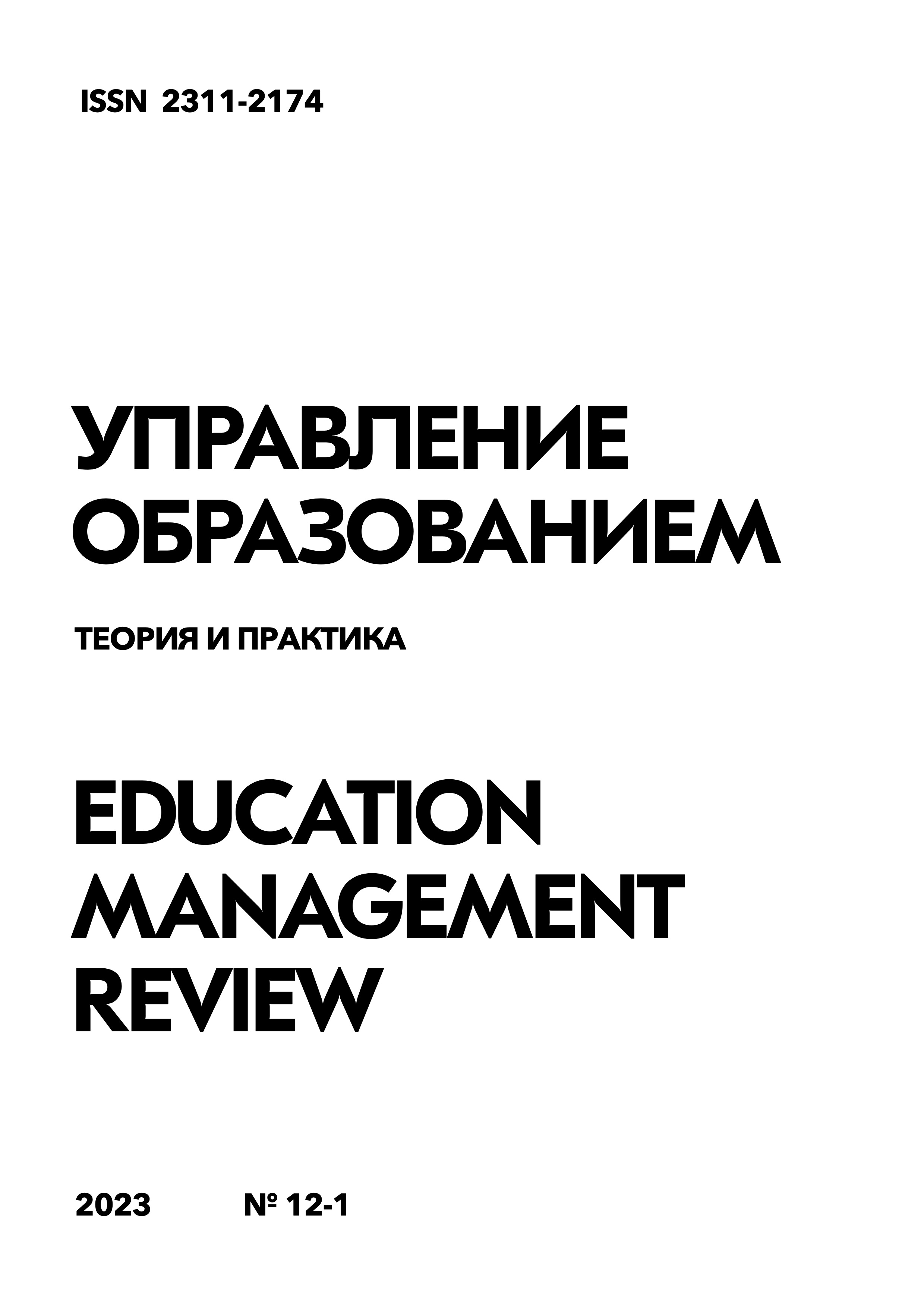Measurement materials in assessing science literacy. Results of international and Russian studies
DOI:
https://doi.org/10.25726/c1528-2930-1070-iKeywords:
education, literacy, functional literacy, science literacyAbstract
Today, educators are faced with serious problems, the emergence of which is the result of both intensive development of technology and significant changes in the geopolitics of our state. In the formation of the technological sovereignty of the state, human capital and its functionality come first. The authors note that functional literacy provides students with a huge chance to realize their individual potential, both in the personal aspect and in various areas of professional activity. The purpose of this study is to conduct a comparative analysis of measurement materials used to assess science literacy in international and Russian studies. The concept of natural science literacy in TIMSS and PISA studies meets the requirements of the Federal State Educational Standard for general education. The article points out the advisability of making certain adjustments to the methodological support of the educational process in secondary schools, in particular the construction of natural science lessons. For example, it is extremely important to pay attention to the limited amount of class time allocated for practical and laboratory classes. In addition, the set of training tasks should be revised to include tasks for situational tasks. It is also important to organize and develop educational, research and project activities in the process of teaching disciplines included in the natural science cycle of the curriculum. To increase the level of natural science literacy, which is an important component of functional literacy, it is important to study and be able to apply in practice the elements of scientific knowledge that underlie cognitive, communicative and value-oriented culture. Thus, students will have the opportunity to master the theoretical foundations of the course, followed by their application in real conditions.
References
Ковалева Г.С., Краснянская К.А., Пентин А.Ю., Садовщикова О.И. Какие новые результаты получены в рамках международного исследования TIMSS-2019 // Отечественная и зарубежная педагогика. 2021. №5. С. 98-123.
Ковцун А.А., Кохичко А.Н. Научные подходы к понятию «функциональная грамотность» в педагогической теории и практике // Наука и школа. 2022. №6. С. 99-109.
Куприянова С.Г. Особенности формирования естественнонаучной грамотности обучающихся основной школы // Образование и воспитание. 2021. № 2 (33). С. 33-35. URL: https://moluch.ru/th/4/archive/192/6177/
Краснов П.О., Торгашина Н.Г., Супрун Е.В., Чабан Т.Ю. Естественно-научная грамотность: от PISA к региональному мониторингу // Отечественная и зарубежная педагогика. 2020. Т. 2 № 2 (70). С. 275-287.
Мансурова С.Е., Камзеева Е.Е., Иванеско С.В., Мелина С.И., Банникова Е.Е. Развитие естественно-научной грамотности на основе предметного и межпредметного содержания. Методическое пособие для учителя. Москва. 2021. 132 с.
Мамедов Н.М., Мансурова С.Е. Естественнонаучная грамотность как условие адаптации человека к эпохе перемен // Ценности и смыслы. 2020. №5. С. 45-59.
Методология и критерии оценки качества общего образования в общеобразовательных организациях на основе практики международных исследований качества подготовки обучающихся (приказ Министерства просвещения Российской Федерации и приказ Федеральной службы по надзору в сфере образования и науки от 06.05.2019, № 590/219)
Пентин А.Ю., Ковалева Г.С., Давыдова Е.И., Смирнова Е.С. Состояние естественнонаучного образования в российской школе по результатам международных исследований TIMSS и PISA // Вопросы образования. 2018. №1. С. 79-109.




